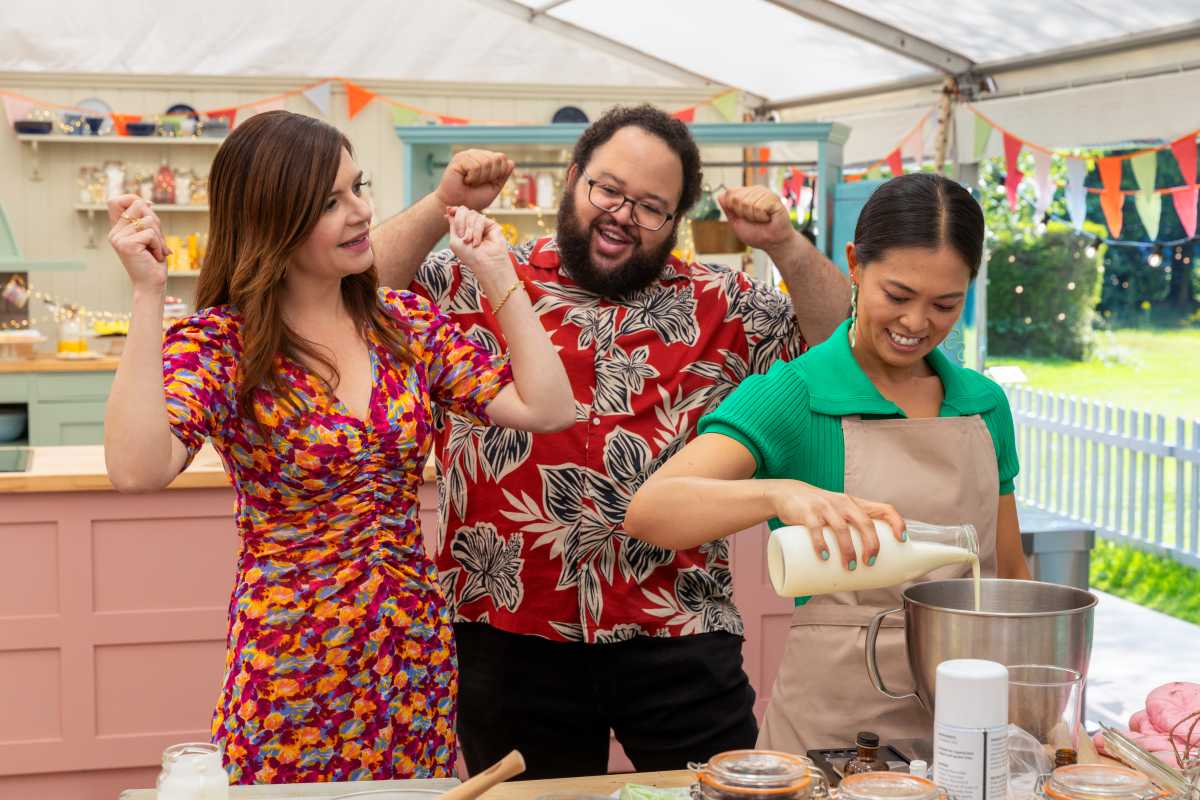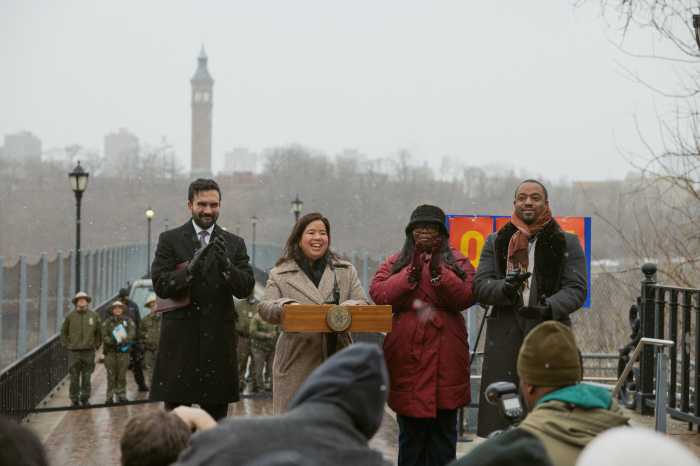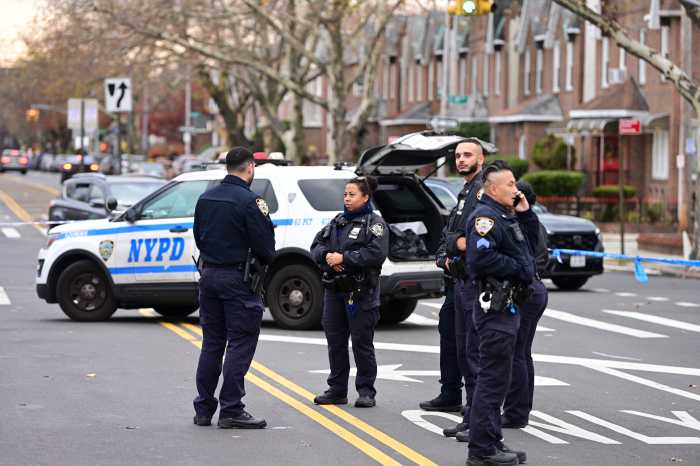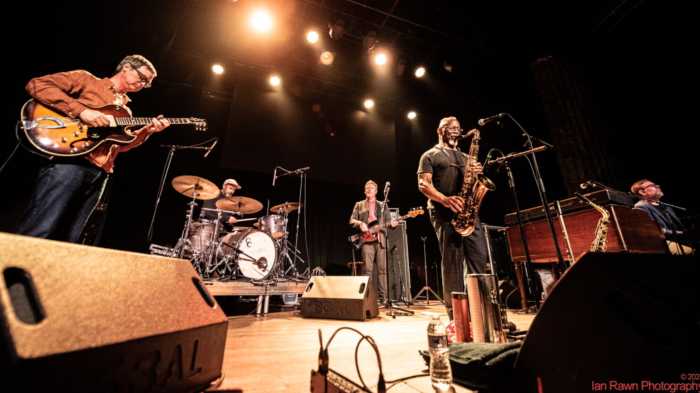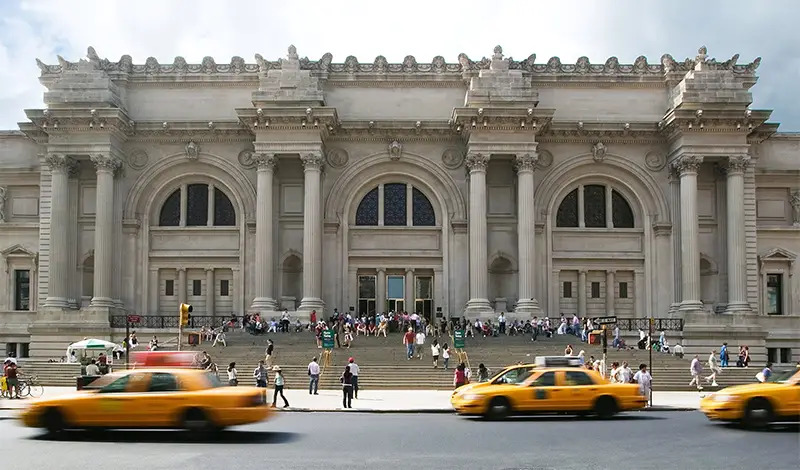Brooklynites spotted a familiar face in a new place when they turned their TVs on last month as Adela Mou, a local baker, competed on the latest season of “The Great American Baking Show.”
Mou worked her her way through classic “Bake Off” challenges – cookie week, cake week, pastry week – with ease, and made it all the way to the finale, earning high praise from judges Paul Hollywood and Prue Leith.
She described her time on the show as both demanding and rewarding, emphasizing that the most memorable part of the experience wasn’t the competition itself but the friendships and moments of camaraderie she shared with the other bakers.
“The best part of the experience happened when we were in the tent in July — being there, meeting the other bakers, and making friends,” Mou told Brooklyn Paper. “I feel like I’ll have those memories for the rest of my life. The show is just the cherry on top.”
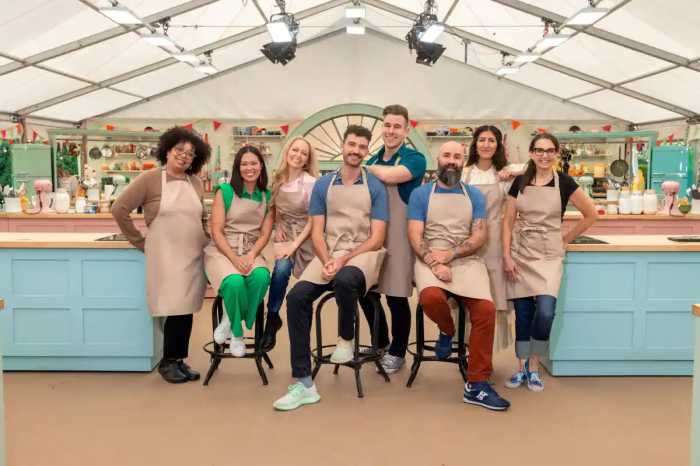
She credited the milestone to her hard work and a community full of unwavering support.
“My friends and family are very proud,” she said. “They think it’s really cool to see someone they know on TV, especially since I don’t typically make elaborate desserts like pie towers or bread sculptures at home. Seeing what I can do on the show has been a surprise for them.”
Now that she’s back home and the season has aired in its entirety, Mou plans to showcase her skills locally, and hosted a tasting event at her office in Manhattan this week.
“Everyone at work has been so supportive,” she said. “They understand this is a unique experience.”
Mour said that growing up in a Chinese immigrant household, baking wasn’t a regular activity at home. She learned how to bake at one of her first jobs at Cold Stone Creamery.
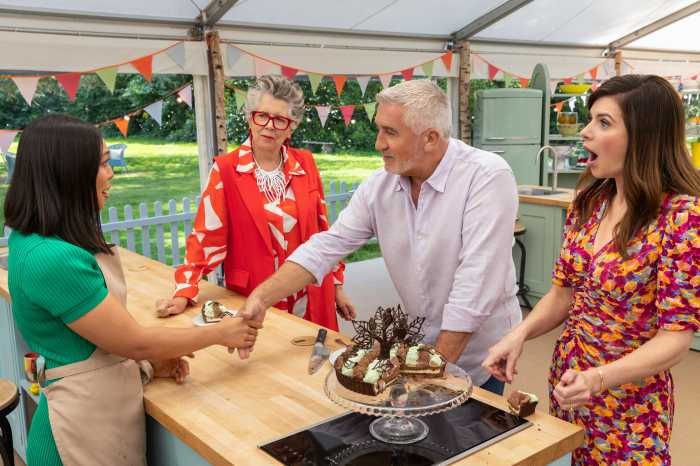
“In China, baking at home isn’t as common as it is here,” she said. “I would make the cakes from box mixes and decorate them — not exactly traditional baking.”
Her passion grew in college, where she often baked birthday cakes for friends, and was inspired by her love of international flavors, especially those from Asia. Watching the original “Great British Baking Show” helped too.
“The Great British Bake Off really helped me improve,” she said. “Seeing amateurs do these challenging bakes made me realize I had the tools and desire to try. I started experimenting with international flavors like Kalamansi and fish sauce, blending Asian ingredients with American desserts. I wanted to highlight those flavors because they’re so common in many parts of the world but less known here.”
She highlighted Asian flavors in some of her “Baking Show” creations, infusing pastry creme with pandan, an herb commonly used in Southeast Asian cuisine; and filling a cake inspired by Japanese cherry blossoms with hojicha green tea.
One of the biggest hurdles she faced was the architectural aspect of baking on the show.
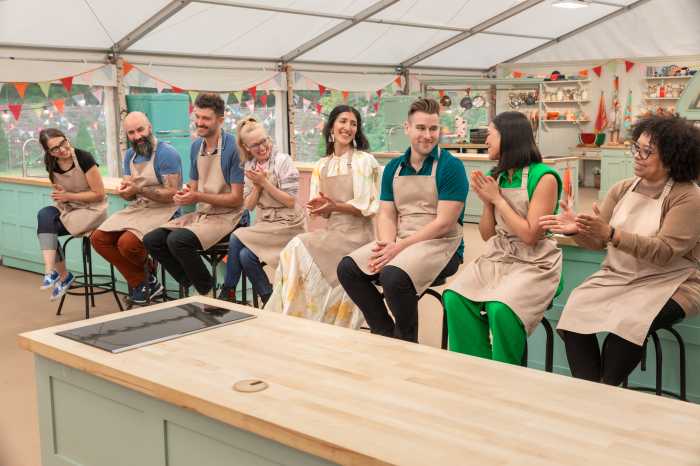
“I don’t usually build structures or stack pies,” she said. “Constructing things that require balance was very challenging for me. I used simple tools like foil molds and even borrowed folders from work to sketch out ideas. My brain just isn’t naturally geared toward that kind of precision, but I gave it my best shot.”
Despite the intense pressure, Mou described the experience as both “the most stressful and the most fun thing I’ve ever done.” She praised the support system behind her, including her family and friends who helped manage her home life while she was in the tent.
“The unsung heroes are everyone back home, taking care of dishes, walking the dogs, or helping with the kids,” she said.
Encouraging fellow bakers, Mou emphasized the importance of trying out for such shows, telling young cooks to “just try it.”


